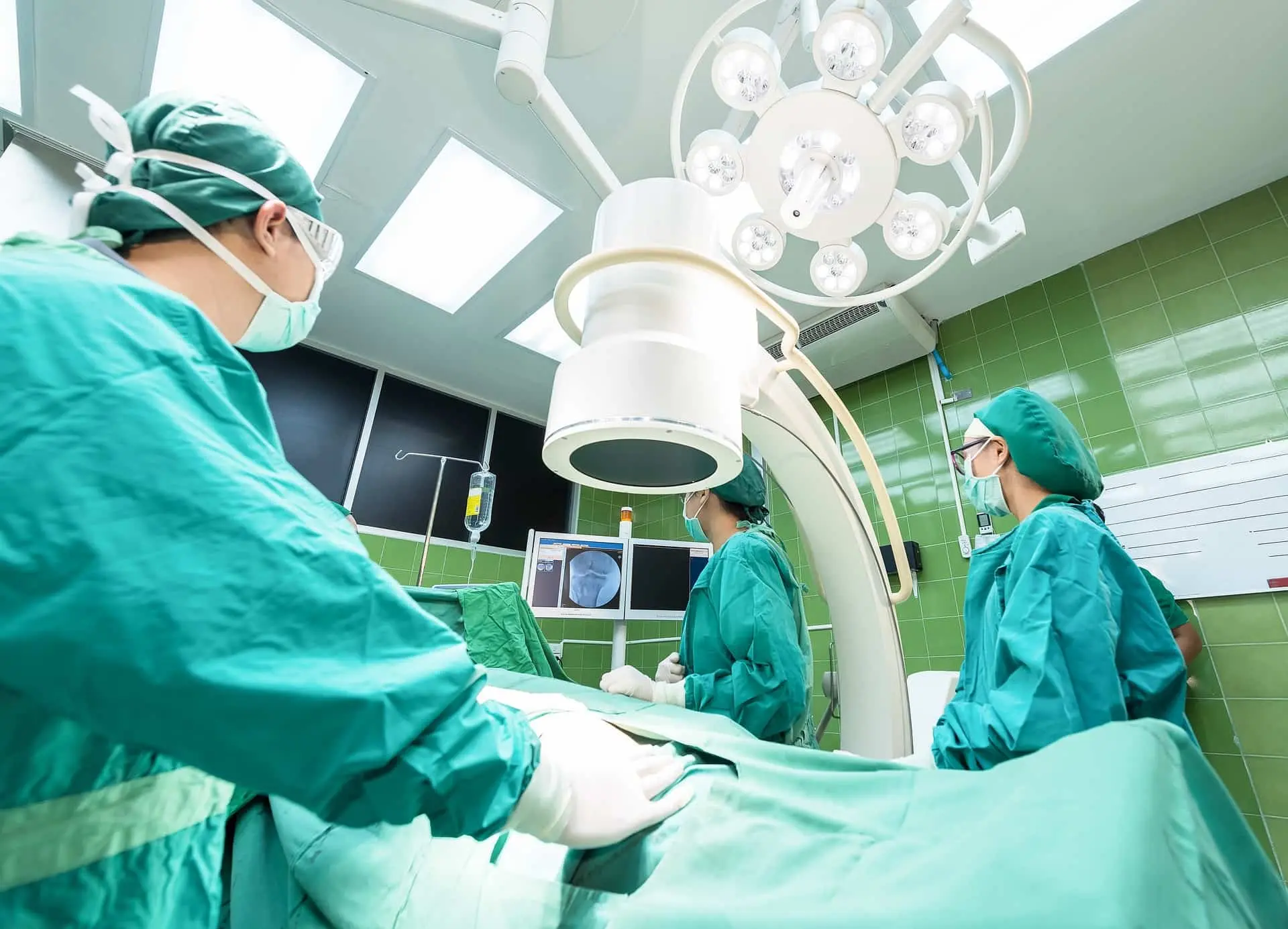How South Carolina Courts Handle Medical Malpractice Cases: What to Expect

For individuals pursuing a medical malpractice case in South Carolina, understanding how the state’s courts handle such matters is crucial. From filing a lawsuit to the resolution of the case, there are specific procedures and processes in place that can significantly impact the outcome. This guide provides insight into what to expect when navigating medical malpractice cases in South Carolina.
Filing the Lawsuit
The first step in pursuing a medical malpractice case in South Carolina is filing a lawsuit. This involves drafting a complaint outlining the allegations of malpractice and naming the healthcare providers or institutions responsible. Once the complaint is filed with the appropriate court, the legal process begins.
Pre-trial Procedures
Before a medical malpractice case goes to trial, there are several pre-trial procedures that must be completed:
- Discovery: Both parties exchange information relevant to the case through a process called discovery. This may include medical records, expert witness reports, and other evidence.
- Depositions: Depositions allow attorneys to question witnesses under oath outside of court. This includes the plaintiff, defendants, and any expert witnesses.
- Mediation: South Carolina requires mandatory mediation for medical malpractice cases before proceeding to trial. During mediation, a neutral third party assists the parties in reaching a settlement agreement.
Trial Process
If the case does not settle during mediation, it proceeds to trial. Here’s what to expect during the trial process:
- Jury Selection: In South Carolina, medical malpractice cases are typically decided by a jury. During jury selection, attorneys from both sides question potential jurors to determine their suitability for the case.
- Presentation of Evidence: Each party presents its case, including witness testimony, expert opinions, and other evidence, to support their arguments.
- Closing Arguments: Attorneys for both parties summarize their case and present closing arguments to the jury.
- Jury Deliberation: The jury deliberates to reach a verdict. In South Carolina, a unanimous verdict is required for a medical malpractice case.
Post-trial Procedures
After the trial, there are several post-trial procedures that may occur:
- Appeals: Either party may choose to appeal the verdict if they believe legal errors were made during the trial.
- Execution of Judgment: If the plaintiff prevails, they may begin the process of collecting the awarded damages from the defendant.
Role of Expert Testimony
Expert testimony plays a crucial role in medical malpractice cases. Medical experts provide opinions on the standard of care, whether it was breached, and how the breach led to the plaintiff’s injuries. Their testimony helps educate the jury on complex medical issues and can greatly influence the outcome of the case.
Conclusion
Navigating a medical malpractice case in South Carolina can be a complex and daunting process. From filing the lawsuit to the resolution of the case, there are specific procedures and legal requirements that must be followed. Understanding what to expect can help individuals involved in medical malpractice cases feel more informed and empowered as they seek justice and compensation for their injuries. If you are considering pursuing a medical malpractice case, consulting with an experienced medical malpractice attorney who specializes in these matters is essential to ensure your rights are protected and your case is handled effectively.

